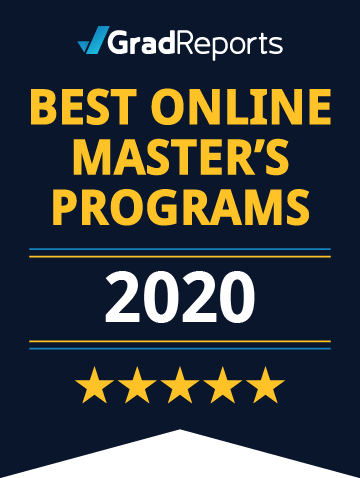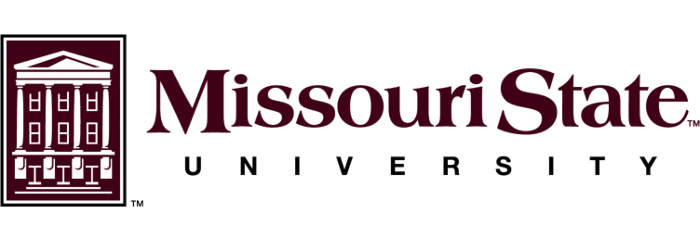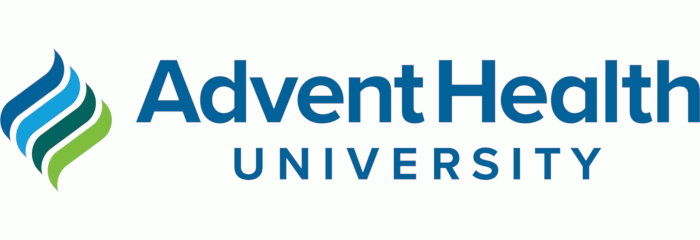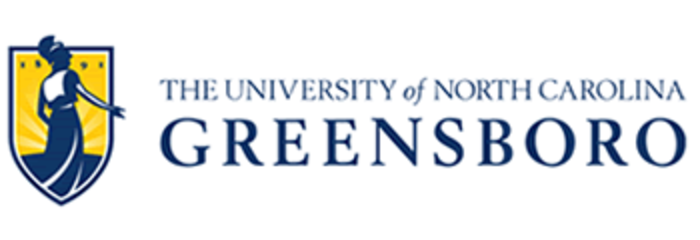
2020 Best Online Master's in Nursing Degree Programs
We ranked the top 25 schools offering online MSN programs based on median salary one year after graduation for Master's Degree in Nursing graduates. Central Connecticut State University is ranked #1 with a salary of $188,500. Fairleigh Dickinson University – Metropolitan Campus has the lowest median student debt on the list, at $20,500. Students who graduated with a Master's Degree in Nursing from one of the top 25 schools had median starting salaries between $100,900 and $188,500.
Tuition, median salaries, and median debt were reported by the U.S. Department of Education in November 2019. View our methodology for more details about these rankings or read more about the top-ranked schools.
2020 Best Colleges Highlights
Learn more about the top colleges for a Master's in Nursing degree. You can also read student reviews of each school by clicking on the stars. Although student reviews were not used as a ranking factor in this list, we provide ratings and reviews so students can consider the experience of alumni in their decision-making process.
s
Central Connecticut State University offers an online MSN in Hospice and Palliative Care that will prepare graduates to care for end-of-life and chronic care patients. In addition to helping students to develop their clinical reasoning and leadership skills, the program also strives to build an understanding of how to influence health care policy to support patients and communities. After completing this online MSN students will be eligible for certification by the National Hospice and Palliative Care Center. Additionally, this program will support professional growth and open students up for leadership opportunities.
To be eligible for this program, CCSU requires applicants to have a bachelor's degree and an RN license. The minimum undergraduate GPA is a 2.7 on a 4.0 scale. Major core courses include Comparative Domestic Delivery Systems and Informatics, Pathophysiology and Health Assessment Across the Lifespan, and Theory of Hospice & Palliative Care. The core courses all built toward a final nursing capstone. Capstone areas that students may choose to focus on include Hospice Care, Palliative Care, Pediatric Hospice and Palliative Care, or Psychiatric Palliative Care.

Missouri State University's Online Master of Science in Nursing Nurse Educator program prepares students for careers as nurse educators, community health educators, or nursing advisors. The online program is developed by the same full-time faculty that are designing and teaching on-campus courses. Courses offered within the program include Population Health, Applications of Advanced Pathophysiology, Health Policy to Improve Health Disparities, and Advanced Pharmacotherapeutics.
The goal of the program is to sufficiently train students to provide them with the skills to continue on and teach the curriculum to future healthcare workers. Students will be exposed to current research and dive into new advancements in the nursing industry. The online MSN program is a part of the School of Nursing and is accredited by the Commission on Collegiate Nursing Education (CCNE). The flexible online format allows students to access lessons and coursework outside of a physical classroom, saving time and money.

AdventHealth University's Master of Science Nursing program focuses on building leadership skills that will help Registered Nurses (RN) succeed in a career in the healthcare industry. There are several specialty tracks that include Nursing Administration and Leadership, Nursing Education, and Family Nurse Practitioner (FNP).
The flexible online format of this program allows students to continue learning while developing professionally. There are opportunities for students to receive mentorship from faculty and preceptors. Clinical assignments are completed outside the virtual setting in the community or other healthcare agencies.
The Nursing Administration and Leadership track includes courses such as Healthcare Finance, Quality Management and Patient Safety in Nursing, and Leadership Practice Human Resource Immersion. The Nurse Educator track includes immersion experiences such as the Educator Practice Curriculum Immersion and the Educator Practice Teaching Immersion. The Family Nurse Practitioner track features a number of advanced courses in health assessment, pharmacology, and pathophysiology.

The University of North Carolina at Greensboro offers online programs in both Nursing Administration and Nursing Education. Courses for the Nursing Administration program are offered both asynchronously and synchronously online, and include Research Methods in Nursing, Leadership and Management Essentials in Healthcare: Theories and Roles, Law, Policy, and Economics of Healthcare, and Interprofessional/Interdisciplinary Collaboration and Negotiation. Students complete 37 semester hours of coursework, as well as 504 clinical hours.
The program is typically completed within three years, including one semester during the summer. Courses in the Nursing Education concentration are offered synchronously online, and feature studies in Pharmacotherapeutics for Advanced Practice Nursing, Pedagogical Strategies in Nursing Education, Integrating Technology in Nursing Education, Advanced Health Assessment and Diagnostic Reasoning, and a capstone course during the final fall semester. Students in this concentration are required to complete 38 semester hours of coursework, as well as 210 clinical practicum hours, all of which take typically two and a half years to complete, including two summer semesters. Both concentrations of clinical practicum are arranged in collaboration with the faculty and Graduate Program Clinical Coordinator, with locations determined by students’ geographical location and their interest area.
Visit the University of North Carolina at Greensboro's website.